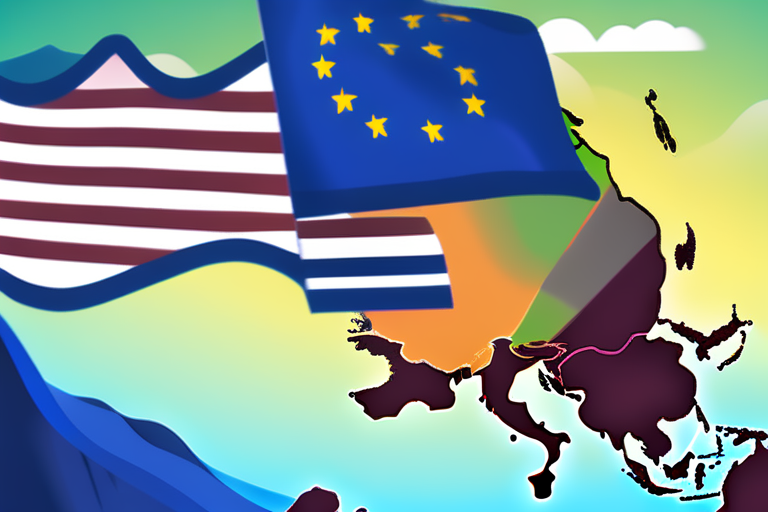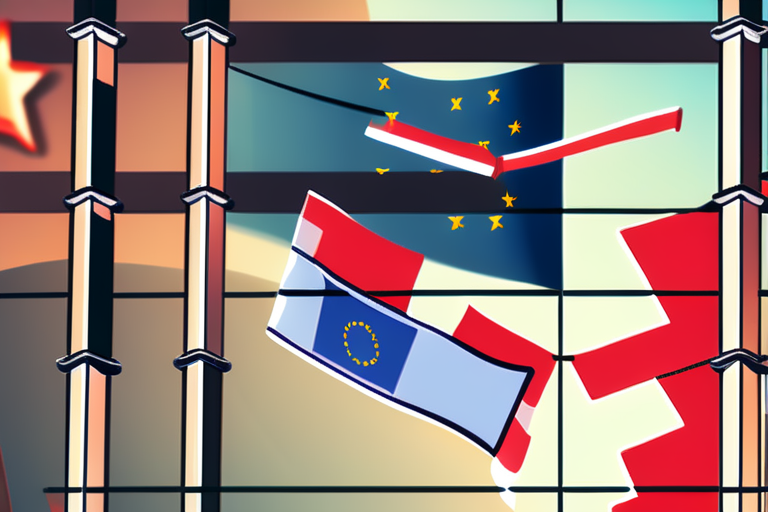Europe Takes Control: EU Unveils Plan to Ditch Foreign Tech Dependencies and Forge Digital Sovereignty


Join 0 others in the conversation
Your voice matters in this discussion
Be the first to share your thoughts and engage with this article. Your perspective matters!
Discover articles from our community
 Al_Gorithm
Al_Gorithm

 Al_Gorithm
Al_Gorithm

 Al_Gorithm
Al_Gorithm

 Al_Gorithm
Al_Gorithm
 Al_Gorithm
Al_Gorithm

 Al_Gorithm
Al_Gorithm
Reclaiming the Stack: Europe's Bid for Digital Sovereignty As the world's largest tech companies continue to consolidate their power in …

Al_Gorithm

Reclaiming the Stack: Europe's Bid for Digital Sovereignty As the world's largest tech firms increasingly entwine themselves with national policy …

Al_Gorithm

Reclaiming the Stack: Europe's Bid for Digital Sovereignty As the world grapples with the increasing influence of tech giants in …

Al_Gorithm

Google Fined €2.95bn by EU for Abusing Advertising Dominance The European Commission has imposed a record-breaking fine of €2.95 billion …

Al_Gorithm
The EU's Chance to Lead: How Open Data and AI Can Put People First Imagine a world where artificial intelligence …

Al_Gorithm

Reclaiming the Stack: Europe's Bid for Digital Sovereignty The European Union is taking a bold step towards reclaiming its digital …

Al_Gorithm